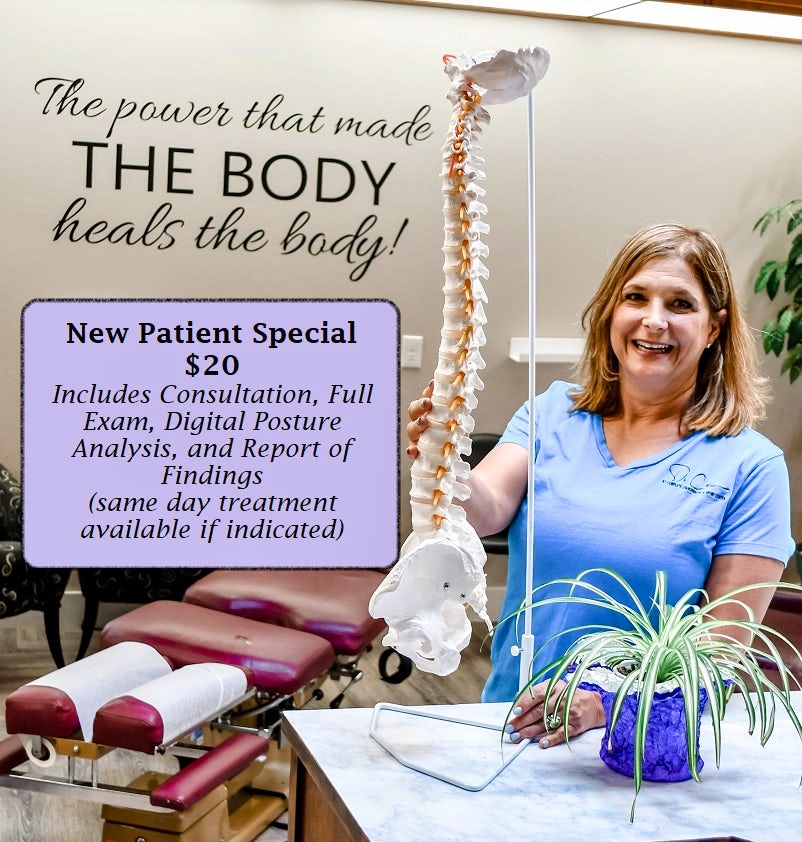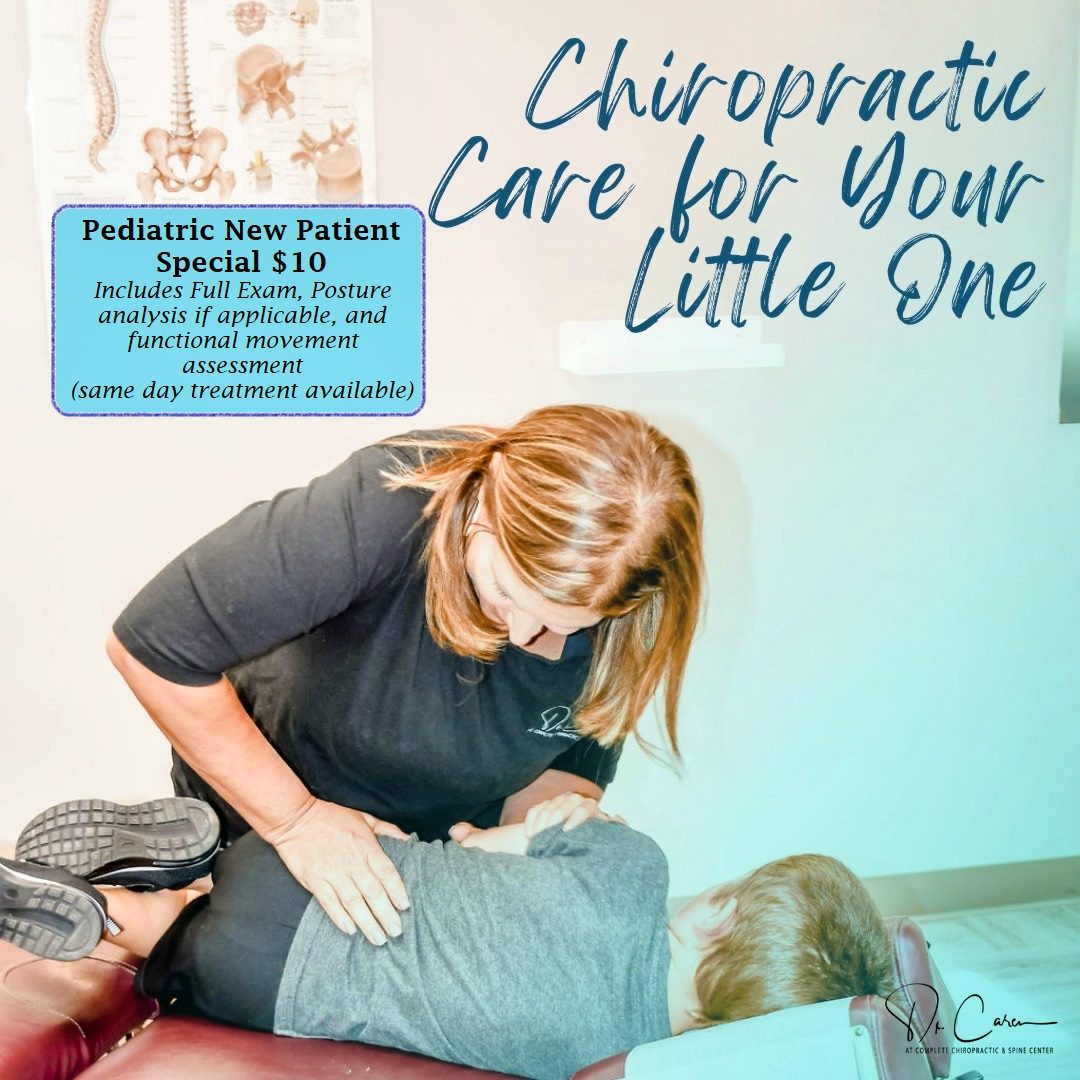
Understanding How Functional Medicine Gets to the Root Cause of Inflammation and Natural Remedies Inflammation is often discussed as the root cause of numerous chronic diseases, from arthritis to cardiovascular conditions, and even autoimmune disorders. While traditional medicine typically focuses on alleviating symptoms, functional medicine takes a different approach by targeting the root cause of inflammation. This holistic approach seeks to restore balance in the body, using personalized and natural remedies that support healing at a foundational level. What is Functional Medicine? Functional medicine is a patient-centered approach to healthcare that seeks to address the underlying causes of disease, rather than just treating the symptoms. It recognizes that every person is unique, and factors such as genetics, environment, lifestyle, and diet play a significant role in health. Practitioners work to understand these individual differences and use a combination of modern medical science and natural therapies to promote long-term wellness. The Role of Inflammation in Health Inflammation is the body's natural response to injury or infection, a defense mechanism designed to protect you. However, when inflammation becomes chronic, it can damage tissues and organs, leading to various health issues. Conditions such as obesity, diabetes, heart disease, and autoimmune disorders are often linked to chronic inflammation. Understanding and addressing the root cause of inflammation is crucial for preventing long-term health problems. This is where functional medicine shines, as it identifies and targets the specific triggers that cause inflammation in each person. How Functional Medicine Identifies the Root Cause of Inflammation Functional medicine practitioners aim to identify the underlying factors that contribute to chronic inflammation, such as:
- Diet and Food Sensitivities: Certain foods can trigger inflammatory responses in the body. Functional medicine practitioners often begin by evaluating your diet and identifying food sensitivities or intolerances that may be contributing to inflammation. Common culprits include gluten, dairy, sugar, and processed foods. An elimination diet can help pinpoint these sensitivities.
- Gut Health and Dysbiosis: A healthy gut is essential for regulating inflammation. Imbalances in gut bacteria (dysbiosis) or leaky gut syndrome can lead to chronic inflammation. Functional medicine focuses on restoring gut health through probiotics, prebiotics, and targeted nutritional support.
- Chronic Stress: Long-term stress can elevate cortisol levels and lead to inflammation. Functional medicine looks at stress management techniques like mindfulness, meditation, yoga, and other lifestyle interventions to help reduce stress-related inflammation.
- Toxins and Environmental Exposures: Everyday exposure to toxins from pollution, household products, or even personal care items can lead to inflammation. Functional medicine practitioners assess potential toxic burdens and may recommend detoxification strategies to reduce inflammation.
- Nutrient Deficiencies: Inadequate intake of essential nutrients such as omega-3 fatty acids, antioxidants, and certain vitamins and minerals can impair the body's ability to manage inflammation. Functional medicine often involves detailed nutritional assessments and tailored supplementation to address these deficiencies.
- Chronic Infections: Infections that linger in the body, like Lyme disease or Epstein-Barr virus, can contribute to ongoing inflammation. Functional medicine practitioners may test for hidden infections and use natural therapies to address them. Natural Remedies to Reduce Inflammation Once the root causes of inflammation are identified, functional medicine offers a range of natural remedies to help reduce inflammation and promote healing. These include:
- Anti-Inflammatory Diet: Following an anti-inflammatory diet rich in whole, unprocessed foods can significantly reduce inflammation. This diet typically emphasizes: o Leafy greens, berries, and other antioxidant-rich fruits and vegetables o Healthy fats from sources like olive oil, avocados, and nuts o Omega-3 rich foods like fatty fish (salmon, sardines) or plant sources (chia seeds, flaxseeds) o Herbs and spices such as turmeric, ginger, and garlic, which have anti-inflammatory properties o Reducing or eliminating inflammatory foods like sugar, refined carbs, and processed meats
- Supplements and Herbal Remedies: Certain supplements and herbs can help support the body’s natural inflammatory response. Common options include: o Curcumin (from turmeric): A powerful anti-inflammatory and antioxidant o Omega-3 fatty acids: Found in fish oil supplements, omega-3s help reduce systemic inflammation o Boswellia: An herb known for its anti-inflammatory effects, particularly in joint health o Quercetin: A flavonoid that helps lower inflammation and oxidative stress
- Probiotics and Gut-Healing Supplements: Restoring gut health can dramatically reduce inflammation. Probiotics, prebiotics, and supplements like L-glutamine and collagen are often recommended to heal the gut lining and promote a balanced microbiome.
- Mind-Body Practices: Reducing stress is key to controlling inflammation. Incorporating stress-reducing practices like deep breathing, meditation, yoga, or tai chi can help regulate the nervous system and lower cortisol levels, reducing inflammation over time.
- Detoxification: Functional medicine practitioners often recommend specific detox strategies to support the body’s ability to eliminate toxins. These can include increasing water intake, sauna therapy, dry brushing, or using herbs that support liver detoxification, such as milk thistle.
- Regular Physical Activity: Exercise can help reduce inflammation by improving circulation, lowering stress, and promoting overall well-being. However, the intensity and type of exercise are personalized to each individual’s condition to avoid overstressing the body.
The Functional Medicine Approach: A Personalized Path to Healing
By addressing the unique factors contributing to inflammation, functional medicine practitioners can help patients achieve lasting health improvements. The goal is not just to relieve symptoms temporarily but to restore balance and resilience in the body, enabling it to heal naturally. This approach is a powerful alternative to simply masking inflammation with medications, offering a holistic, long-term solution.
Functional medicine's ability to find and treat the root cause of inflammation—whether it's diet, stress, or gut health—combined with natural remedies, is an empowering way to reclaim your health and live a more vibrant, balanced life.
Through functional medicine’s targeted approach, inflammation becomes manageable, opening the door to better overall health and well-being.






